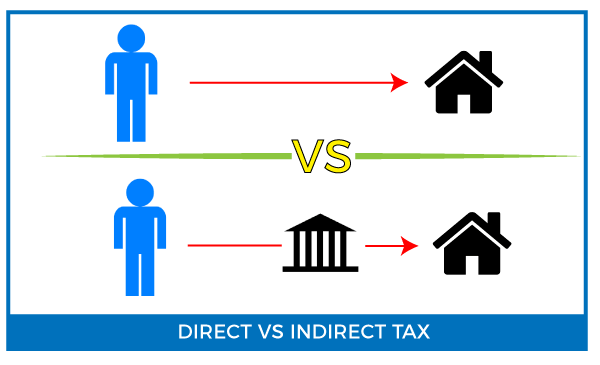What is TDS compliance?
Tax Deducted at Source Compliance Tax Deducted at Source Compliance, TDS compliance refers to adhering to the provisions of Tax Deducted at Source (TDS) as per the tax laws of a country. TDS is a mechanism through which tax is deduct at the source of certain payments, such as salaries, interest, rent, professional fees, etc.… Read More »








